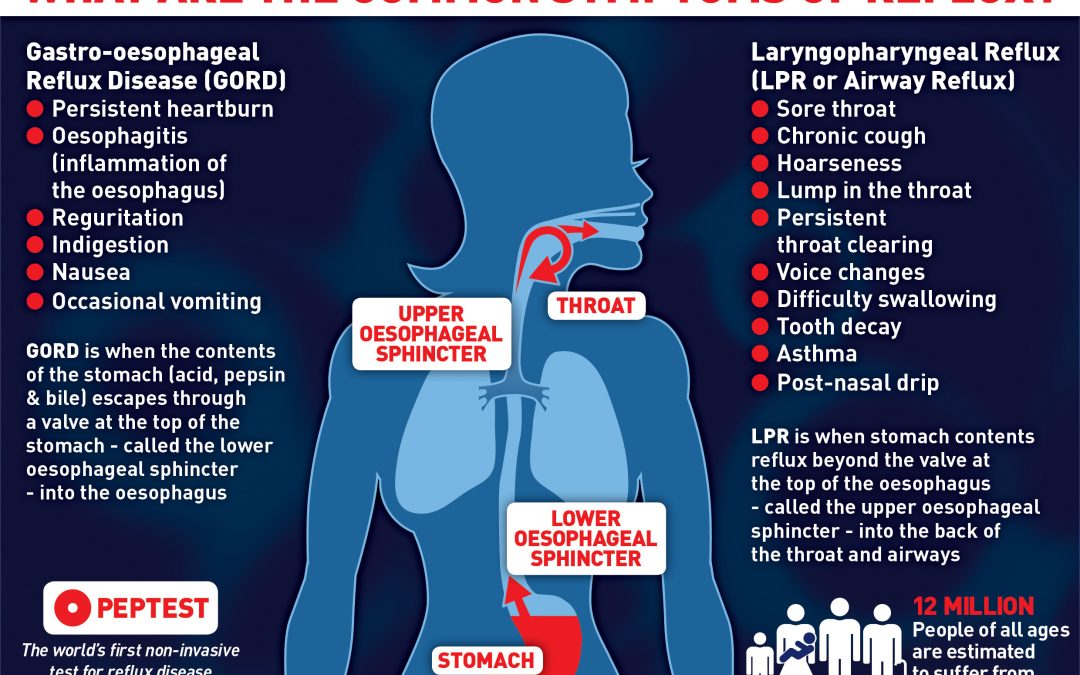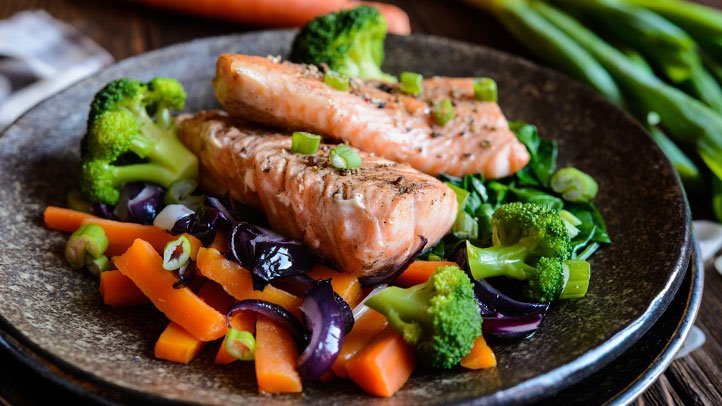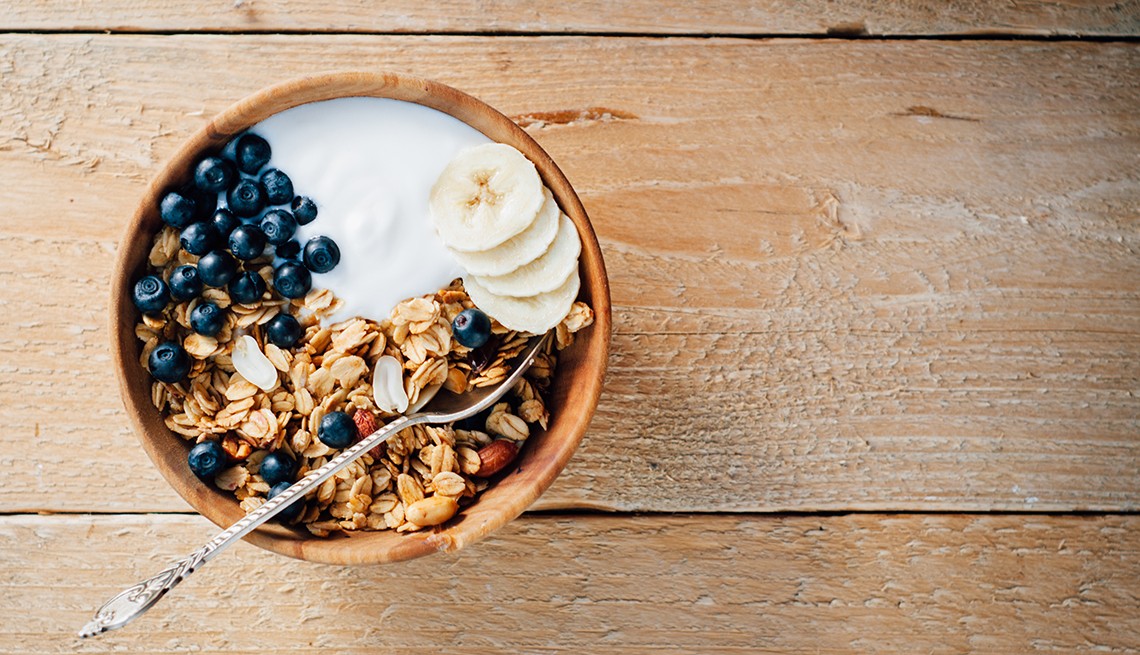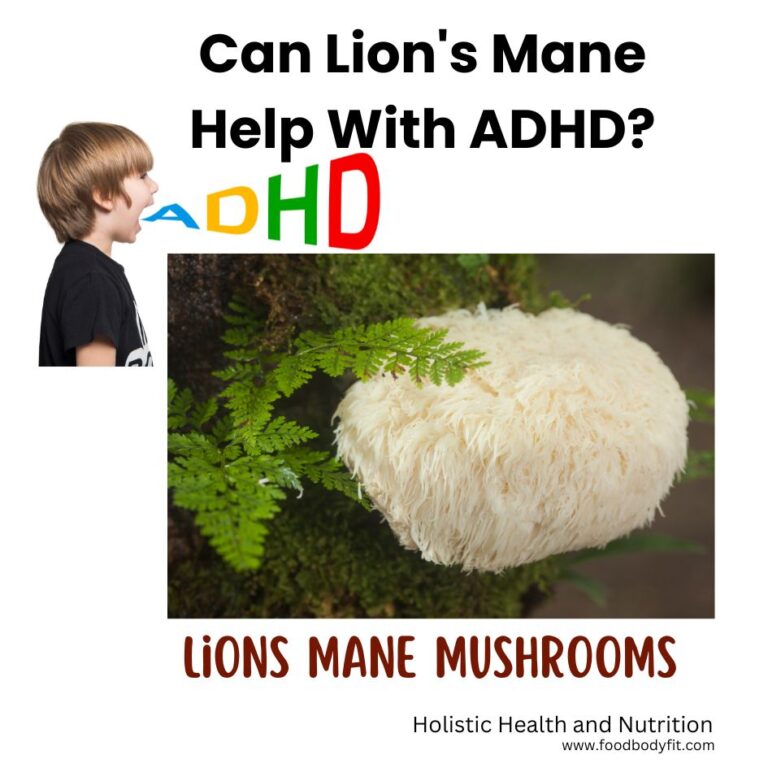What is gastroesophageal reflux disease?
GERD DIET: FOODS THAT HELP WITH ACID REFLUX (HEARTBURN)

Gastroesophageal reflux disease (GORD, sometimes also known as GERD) is a disorder of the oesophagus. The oesophagus (gullet) is a muscular tube that transports food from the mouth to the stomach. In GORD, acid reflux (the flow of stomach acid up into the throat and mouth) and heartburn may occur after meals, irritating the lining of the oesophagus and causing a burning sensation in the upper abdomen and chest.
What causes GORD?
It is not always clear what causes GORD, however the following are thought to contribute to it:
– Having a high pressure in your abdomen (for instance caused by being overweight or pregnancy).
-The valve (lower oesophageal sphincter muscle) between your stomach and oesophagus is weak and therefore does not keep the stomach contents down.
– Surgery of the stomach or oesophagus can result in post-operative GORD.
-A hiatus hernia, which occurs when the upper part of the stomach moves into the chest through an opening in the diaphragm. A hiatus hernia can reduce the efficiency of the lower oesophageal sphincter, so stomach contents will move more easily back up into the oesophagus.
What are the symptoms of GORD?
Symptoms can vary. Some people report that their symptoms are worse at night or early in the morning.
Common symptoms:
– Heartburn – an uncomfortable burning sensation in the chest that often occurs after eating.
- Regurgitation – stomach contents flowing up into the mouth causing a bitter taste
Less common symptoms:
-Pain in the chest, neck or jaw. Difficulty swallowing and/or pain on swallowing. Tooth erosion, bad breath, sore throat or excess salivation.
What is the treatment for GORD?
Treatments for GORD include diet and lifestyle changes, medicines and in some cases surgery, depending on the underlying cause.
Weight and GORD
Often a key cause of GORD is being overweight. For this reason, it is important to ensure that your weight is within a healthy range. The body mass index (BMI) is used to check whether you are a healthy weight for your height. To check this, you can complete the calculation below.
Lifestyle and GORD
Simple lifestyle changes can help to improve your symptoms and make you feel much better:
Stop smoking – nicotine relaxes the lower oesophageal sphincter muscle, so that stomach contents are not kept down.
Avoid lying flat during or immediately after eating and drinking. Also avoid stooping or bending over, particularly after food and drink.
Eat small, regular meals and try not to skip meals.
Take your time to chew your food fully, and try to stay relaxed at meal times.
Allow at least 30 minutes between eating and starting strenuous exercise.
Try not to eat or drink for at least two hours before going to bed, and use pillows to prop yourself up at an angle so that you are not lying completely flat.
Avoid wearing restrictive clothing or tight elasticated waistbands
Smoking
If you would like to give up smoking, please call the NHS Smoking Helpline on 0300 123 1044.
Dietary changes
 T
T
There are no specific diets to follow or foods to avoid.
It is important to have a varied and balanced diet. However, some people with GORD find that certain foods and drinks trigger their symptoms. Below is a list of foods/drinks that are common triggers. If a particular food or drink causes you a problem it is best to avoid it.
Highly spiced foods such as onion, garlic and chilli may trigger GORD symptoms. If these affect you try to exclude them, and use only small quantities of herbs and dried spices to flavour your meals.
Chocolate is sometimes associated with GORD symptoms. It is worth reducing your intake or avoiding it if it triggers symptoms for you. Use boiled sweets or gums and mints instead if you need to.
Citrus fruits such as lemons, oranges, satsumas, clementines and grapefruits can sometimes cause symptoms. If affected, avoid these and use any of the other fruits, such as apples, pears, bananas, melons, plums, apricots or nectarines. You should aim to have five portions of fruit and vegetables per day as part of your diet.
Coffee and tea have been found to trigger GORD in some people.
If you drink a lot of coffee and tea, try to reduce your intake gradually over a few weeks. If you stop suddenly you may get symptoms of caffeine withdrawal, which can include headaches, nausea and tiredness. Any withdrawal symptoms would resolve over time and you can take your usual painkillers if you get bad headaches.
Alcohol is often associated with GORD. It is advisable to cut down on your alcohol intake if this contributes to your symptoms.
Carbonated drinks contain gas which sometimes causes belching or burping. As a result, it is possible that acid from the stomach can reflux into the oesophagus, triggering symptoms.
Food volume: Large quantities of food/drink can trigger symptoms. Try to eat small meals with regular snacks instead of larger meals. This might mean having three small meals and three snacks per day to meet your requirements.
Constipation
 Try to Avoid being constipated. Constipation can increase abdominal pressure, which can in turn cause reflux symptoms. Use plenty of fruit, vegetables and whole grains in your diet, and aim to drink about two litres of fluids a day. If constipation is a major problem for you, please ask your dietitian for advice
Try to Avoid being constipated. Constipation can increase abdominal pressure, which can in turn cause reflux symptoms. Use plenty of fruit, vegetables and whole grains in your diet, and aim to drink about two litres of fluids a day. If constipation is a major problem for you, please ask your dietitian for advice
Contact us
If you have any questions or concerns about GORD and diet, lifestyle changes , please contact Madelena Tapliga ( nutrition and weight management, lymphatic massage therapist) ; 07947887043
office@foodbodyfit.com



